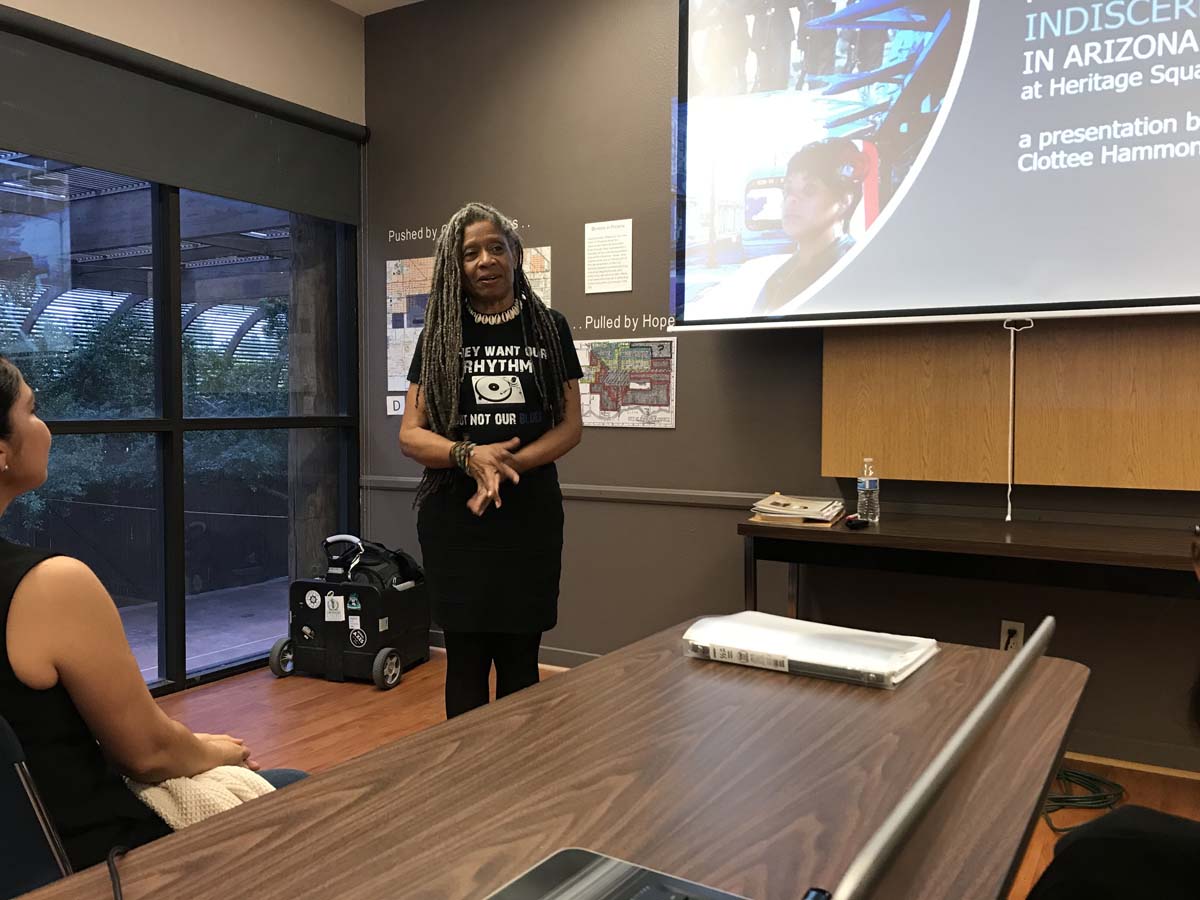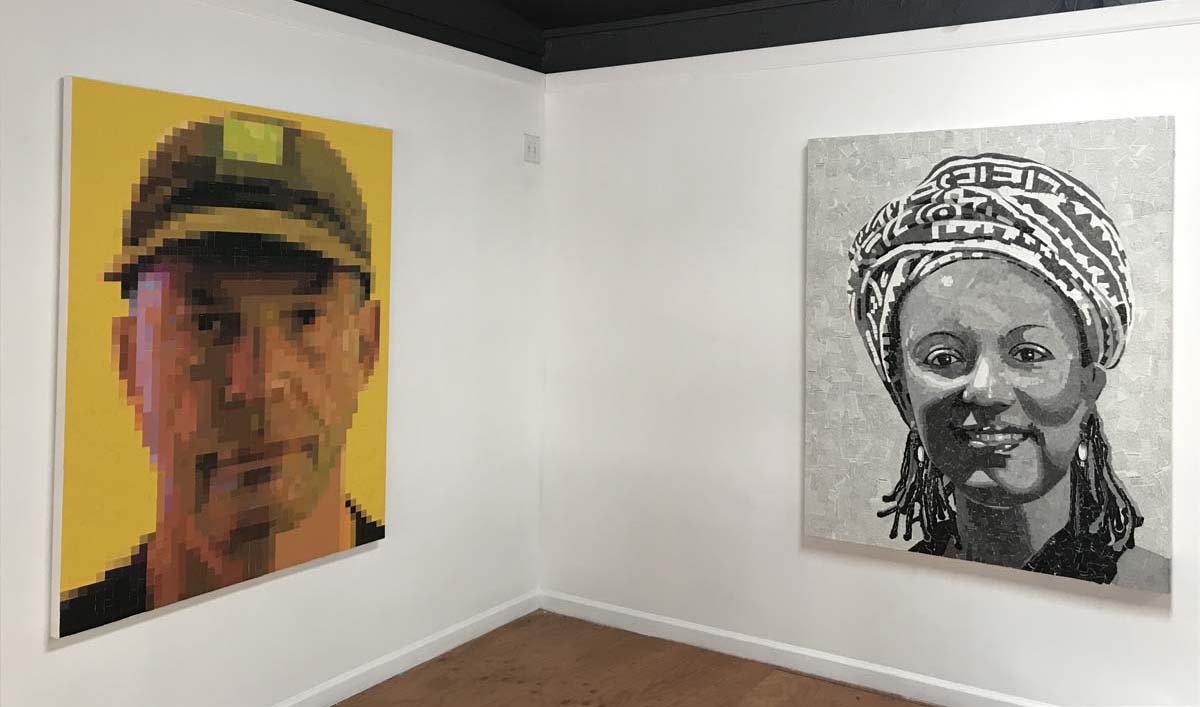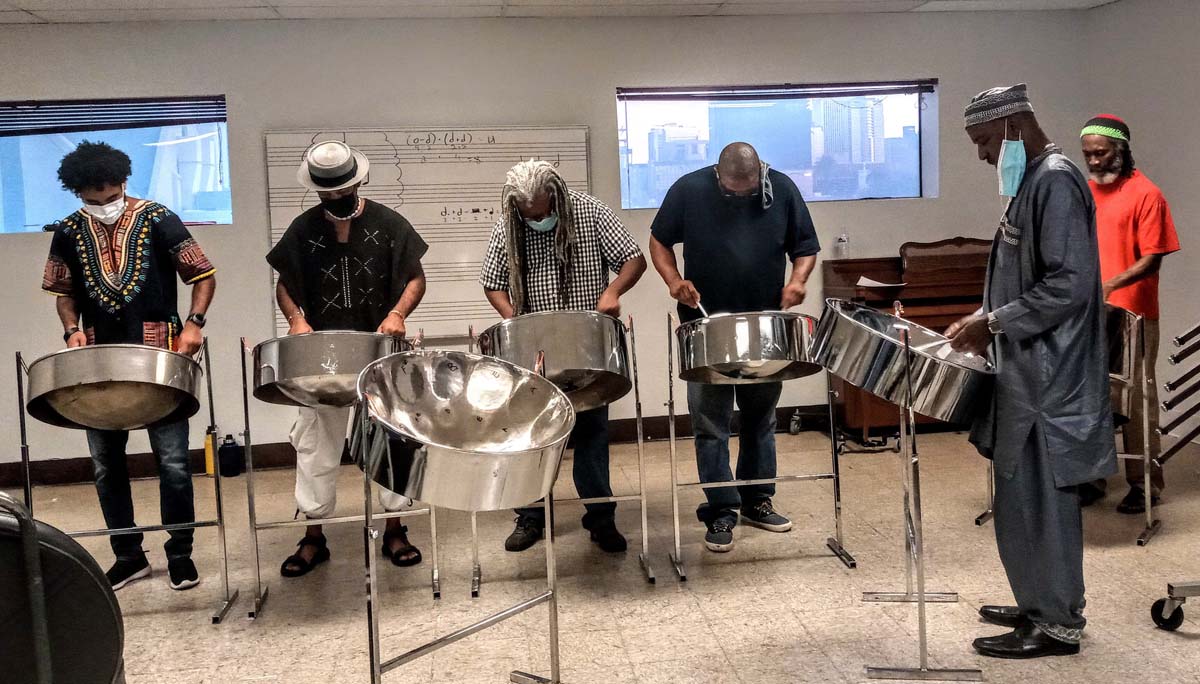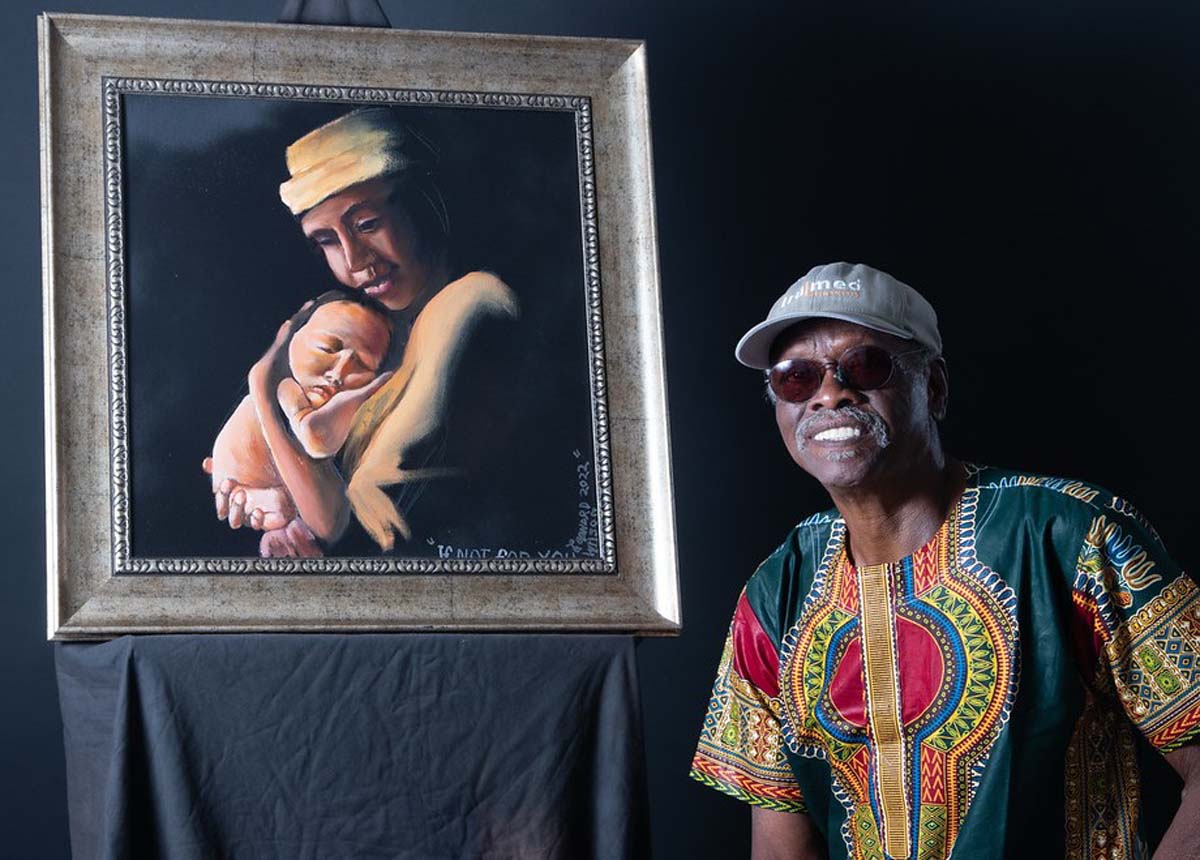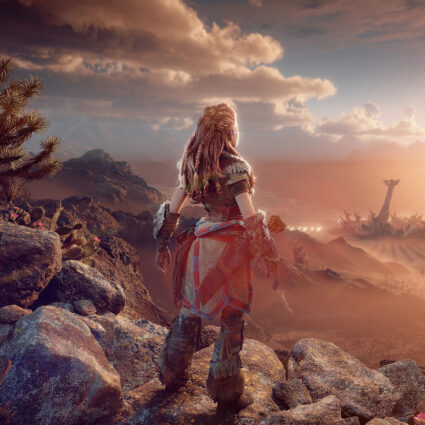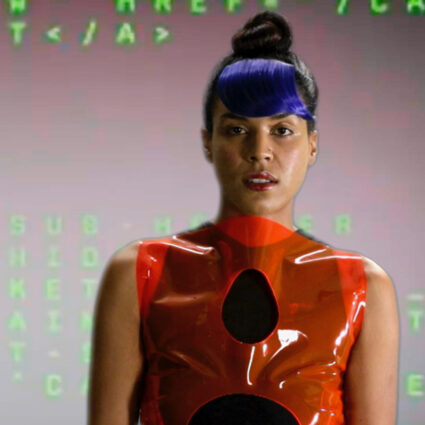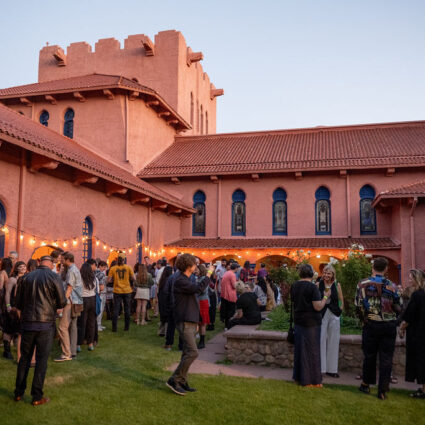Clottee Hammons, the Phoenix artist, curator, and knowledge-keeper who leads Emancipation Arts, has spent decades elevating Black culture while combatting racism in Arizona.
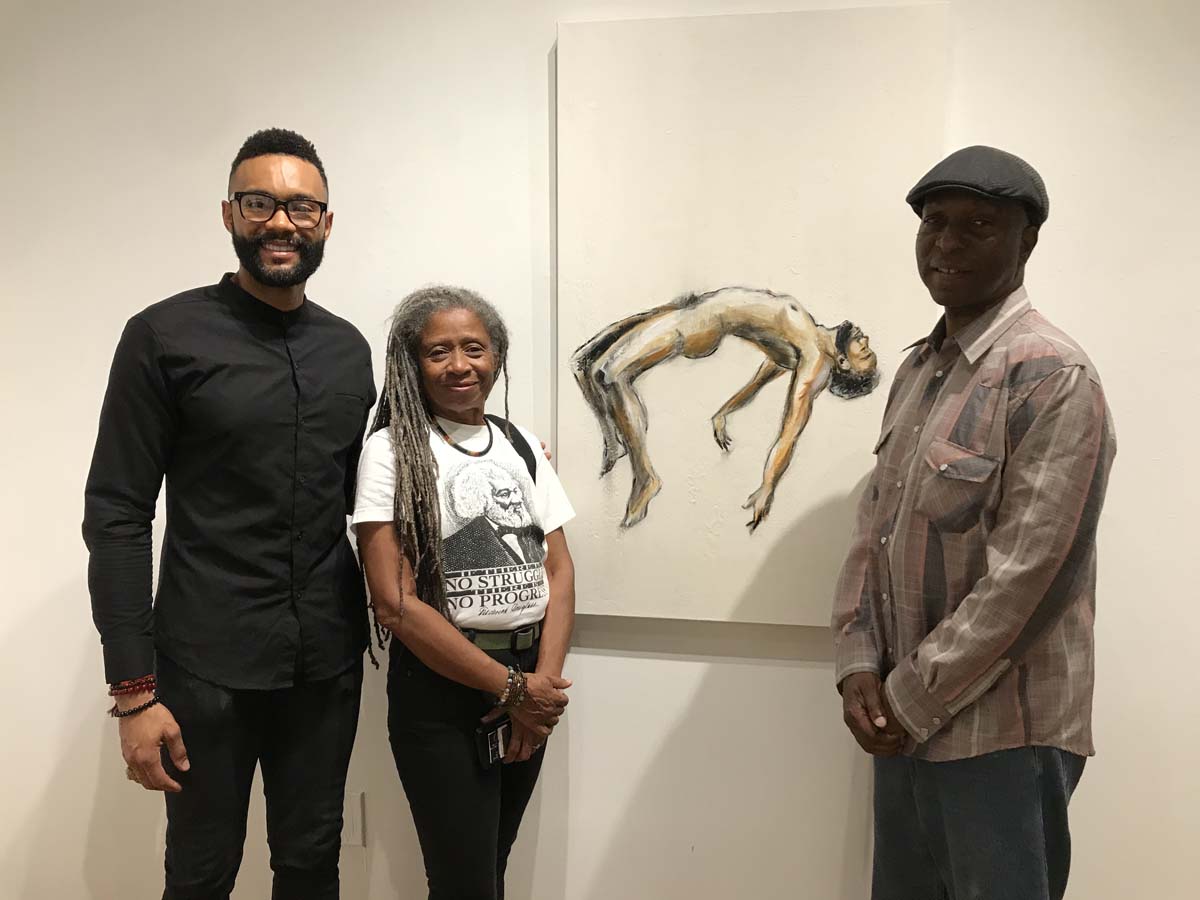
This article is part of our Living Histories series, a continuation of the ideas explored in Southwest Contemporary Vol. 9.
“I still remember my first solo exhibition,” says Clottee Hammons, a Phoenix-based artist and curator who credits her kindergarten teacher at the Monroe School with making it happen. “Miss Anderson papered a wall and let me paint whatever I wanted on it.”
It was the 1950s, a decade that saw city officials pass desegregation laws even as residents like Hammons continued to experience the racism that has informed so much of her creative journey.
Today, Hammons is a knowledge-keeper for the region—using her creative practice to document, share, and transform the arts and culture experiences of Black community members.
“Discrimination is still rampant, not just in art,” she says. “Just look around you.” By way of example, she notes the relative scarcity of exhibitions that center Black artists, but also the lack of representation in other areas such as small business and politics.
“When our children look around this town, they don’t see themselves,” says Hammons. “I mean for that to change.”
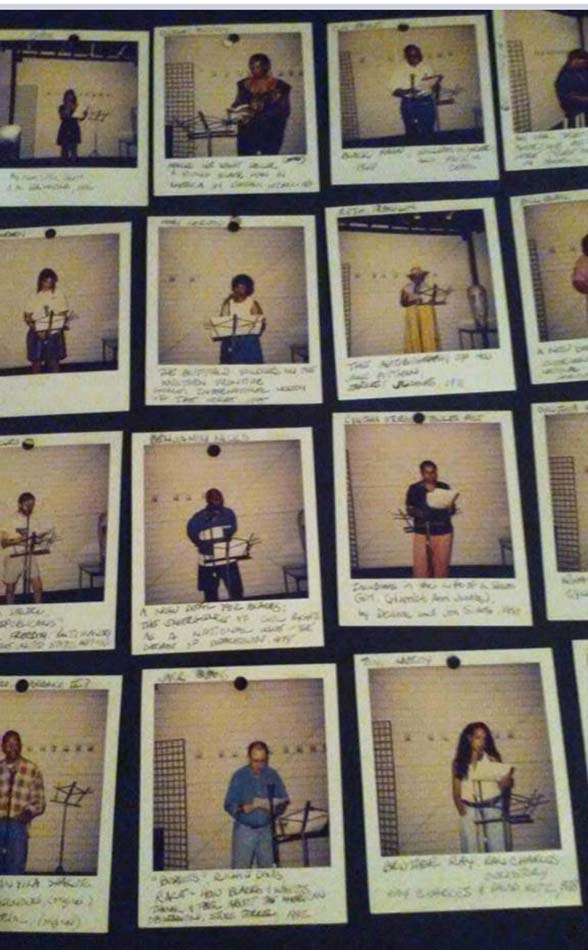
Hammons is the founder and creative director for Emancipation Arts, a Phoenix-based nonprofit designed to “raise the profile of Black artists in Arizona and honor our African and enslaved ancestors.”
For nearly three decades, she’s organized an annual gathering called the Emancipation Marathon, in which community members give public readings from literature that “honors the victims of American Chattel Slavery.” The first durational performance ran for twelve hours inside a building that once housed The Hub art collective, which is now home to Valley Bar. The next marathon is scheduled for July 13, 2024, at Changing Hands Bookstore.
Meanwhile, Hammons has been bringing Black history and contemporary life to the forefront by coordinating a broad range of cultural experiences, such as the Steel Dads project, which brings together Black men aged forty-five and up who want to learn to play the steel pan.
For an ongoing multidisciplinary project called the Great Migration: Indiscernables in Arizona, for example, she has presented an all-day music festival, curated exhibitions of art and historical artifacts, and given public talks on the 20th-century migration of African Americans who left the South for other U.S. regions, including the Southwest.
Despite Hammons’s role as a de facto history-keeper in Phoenix, she hasn’t always called the city home.
After being one of the few Black students studying fine art at Arizona State University in the early 1970s (where she recalls that “everything was Eurocentric and African art was always described as primitive”), then studying at Phoenix College, Hammons decided to move to California. “I had to get out of here because of the racism,” she recalls.
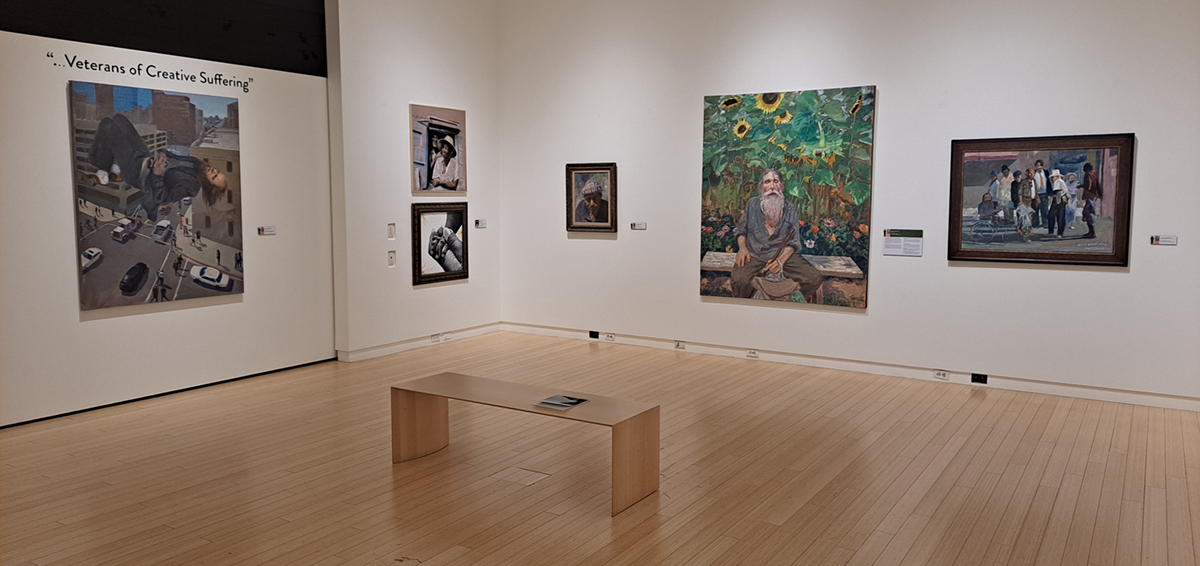
Hammons returned to Phoenix in 1993, and quickly set about finding creative space and connecting with as many fellow artists as possible. She’s been a mainstay of the Phoenix arts scene ever since.
In recent years, she has curated exhibitions shown at a wide range of venues, including ASU, Mesa Contemporary Arts Museum, Modified Arts, and Phoenix Center for the Arts.
Even so, Hammons says there’s a lot more work to be done.
“Ask someone to name five Black artists or curators in this town, and they can’t do it,” says Hammons. “We don’t have enough representation, and one reason is that we’re deficient in spaces where we can create and gather together.”
Hence, Hammons has conceived of an intergenerational African American cultural center where arts and culture would be integral to providing more connections, opportunities, and support for Black community members. She’s even roughed out a design for the two-block campus she envisions, and started talking with people who have the expertise and resources to help make it happen.
It’s too soon to know how it will all come together, but Hammons says she’s “feeling determined.” And she’s sticking with the approach that’s gotten her this far: “Stay humble, hustle hard.”
On Saturday, March 30, as part of the Great Migration: the Indiscernables in Arizona project, Emancipation Arts presents an all-day Quintessential Soul Concert from 10:30 am to 9 pm at the Herberger Theater Center-Stage West, 222 East Monroe Street, Phoenix.
